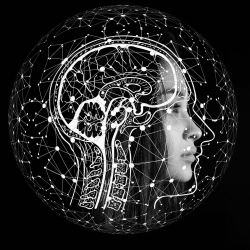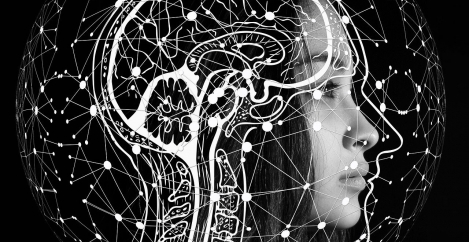May 17, 2023
Most people don’t worry that they are about to be replaced by artificial intelligence
 Despite all of the recent debate around the rapidly increasing abilities of Artificial Intelligence (AI), a new poll from ID Crypt Global, suggests that more than 80 percent of people have no concern that the technology is going to replace them in the workplace. Thanks to the recent rise of Chat GPT and other rival chatbots, the debate around AI has heated up with people all over the world debating both the good and bad of allowing autonomous technology into our lives, homes, and workplaces.
Despite all of the recent debate around the rapidly increasing abilities of Artificial Intelligence (AI), a new poll from ID Crypt Global, suggests that more than 80 percent of people have no concern that the technology is going to replace them in the workplace. Thanks to the recent rise of Chat GPT and other rival chatbots, the debate around AI has heated up with people all over the world debating both the good and bad of allowing autonomous technology into our lives, homes, and workplaces.
But the new survey commissioned by ID Crypt Global reveals that, for the most part, people remain unconvinced that AI is going to replace them in the workplace. The poll of 1,196 UK office workers asked whether or not they have heard of AI and, unsurprisingly, 95 percent said ‘yes’. But when asked whether the use of AI in the workplace is a positive step, opinion is split with 45 percent saying ‘yes’ and 55 percent responding ‘no’.
Despite this mixed response, people seem to have much more certainty when it comes to whether or not AI poses a threat to their professional livelihood. When asked whether they believe AI will one day make their job role obsolete, a resounding 81 percent said ‘no’. As a result, 94 percent state that they are doing nothing to prepare for the eventuality of AI replacing them in the workplace, such as learning new skills or looking for new industries to work in.
If, however, the time does come when lots of people are losing their jobs to AI, 52 percent believe that their employer and the government share responsibility for re-training them to take on new jobs that AI has not disrupted. 18 percent say the responsibility should lie only with employers; 16 percent say it’s the job of government; and 14 percent say it’s up to each individual to ensure they are future-proofing themselves against the rise of technology.
Overall, opinion is mixed as to whether artificial intelligence is ultimately a good or bad thing for society. When asked whether they believe it’s going to do more harm or good, 47 percent fall on the side of ‘harm’, 36 percent say it will be a benefit, and 17 percent remain unsure either way.








